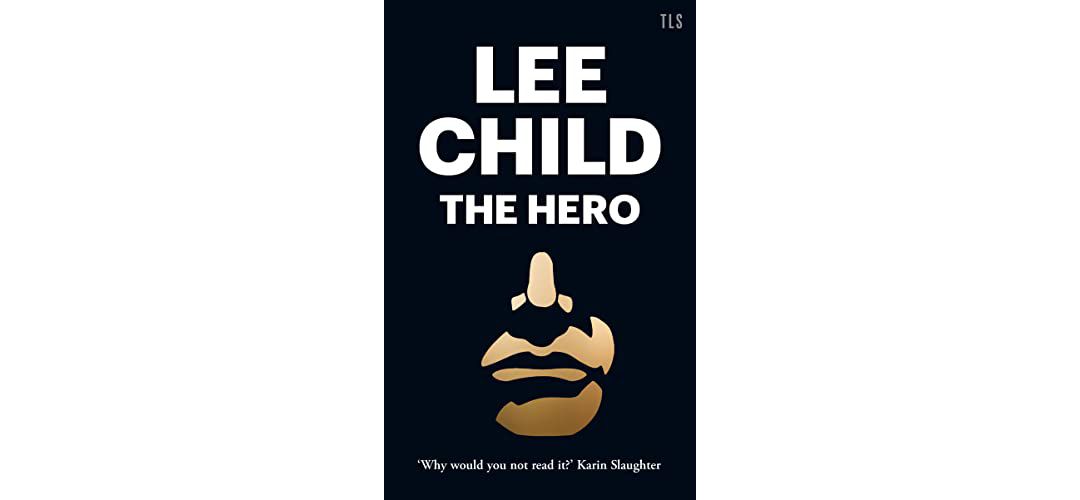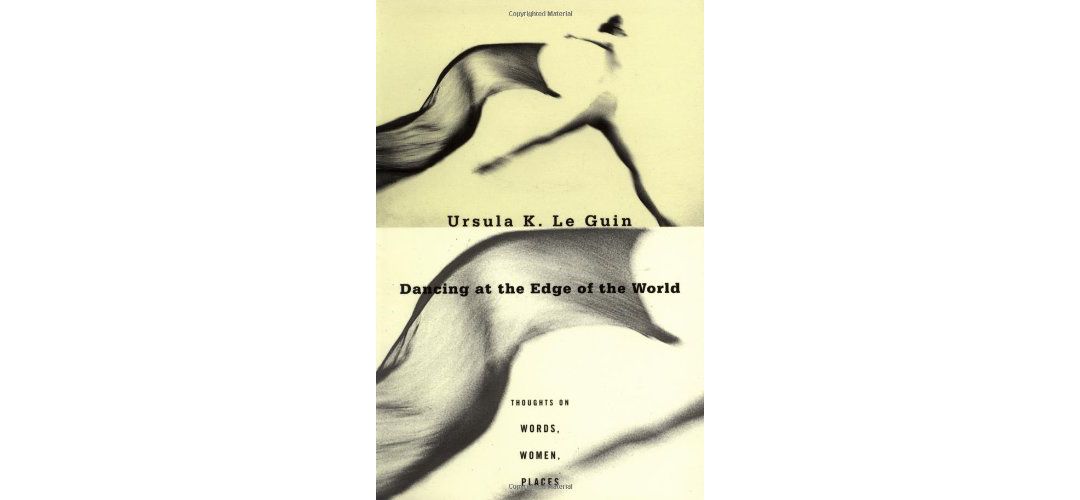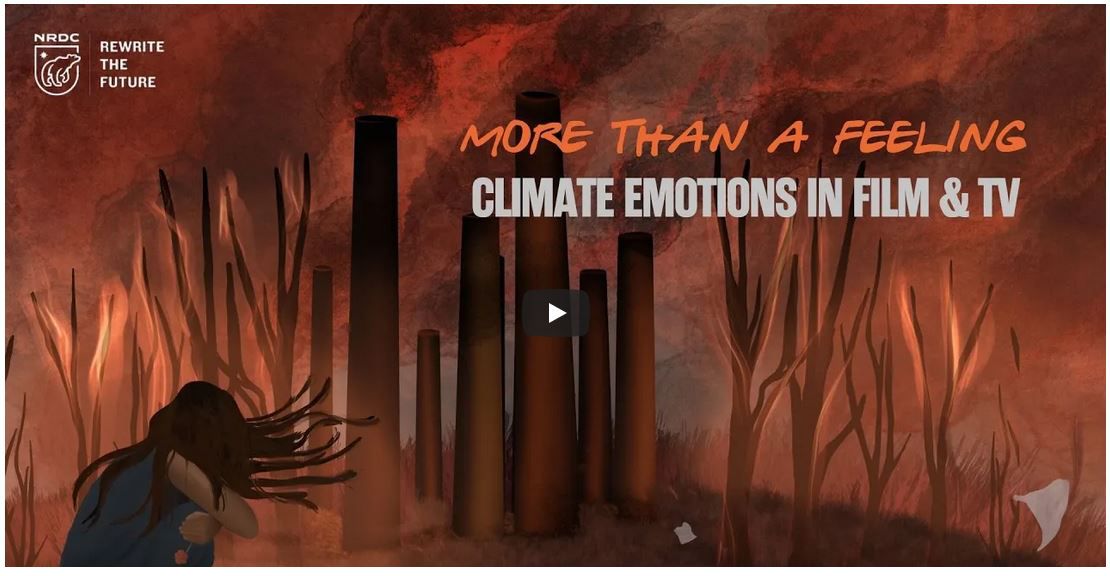A Bias Against Hope

It has been a male-dominated world for a long time, and white men have been the ones leading us into this dismal climate future simply because they have been in charge. There is no way to know if the same outcome would have occurred with another demographic group running the world so we can’t blame their masculinity for everything. When it comes to the make-up of a good story, though, I do think there is a divide between what different groups prefer, and one side of that divide skews heavily male.
I only have anecdotal evidence that there is a male bias against hope-filled stories, but I do have a few examples to share with you. Let me start by discussing Lee Child, an author of crime thrillers, who wrote a book called The Hero. This book is a very brief defense of his main character named Jack Reacher. Child says about the hero of his stories: “This is a detective series in which the detective commits more homicides than he solves.” In other words, Reacher is very violent. In The Hero, Child pursues his speculation about the origins of storytelling by our earliest ancestors. He believes those ancestors are:
“a savage, feral, cunning bunch. They would kill you as soon as look at you. They would steal your food and shelter. A ferocious will to live, with the emphasis on the first part. My ancestors. Hopefully diluted by subsequent random mutations, but to at least some degree, and always, a part of me, and of the characters I like to read, and the characters I like to write.”

Lee Child obviously agrees with the popular view that boils down Darwin’s Theory of Evolution to the survival of the fittest. Other models support the idea that cooperation was as important to survival of the earliest humans as competition. Actually, no one knows what our ancient ancestors were like, but we have come to believe, like Child, that the violence common in our stories is innate to good storytelling because it is bred into us. Yet, is it the only way to tell a story? No.
To counter Child’s viewpoint on the inevitability of hero stories, let me go to Ursula Le Guin, a famous female author of science fiction. In 1989, she published a stunning essay called 'The Carrier Bag Theory of Fiction' in her book Dancing at the Edge of the World. This essay explores storytelling through the lens of what the author of Woman's Creation: Sexual Evolution and the Shaping of Society, Elizabeth Fisher, says is the first cultural invention of our ancestors, the carrier bag—not a weapon as many suppose. A carrier bag is simply something to put gathered items in such as a net or a gourd. The carrier bag is Le Guin’s metaphor for a different kind of story.
In her essay, Le Guin dismisses what she calls the killer story, meaning the action-packed hero’s journey. She says of it:
It sometimes seems that that story is approaching its end. Lest there be no more telling of stories at all, some of us out here in the wild oats, amid the alien corn, think we'd better start telling another one, which maybe people can go on with when the old one's finished. Maybe. The trouble is, we've all let ourselves become part of the killer story, and so we may get finished along with it. Hence it is with a certain feeling of urgency that I seek the nature, subject, words of the other story, the untold one, the life story.
The life story is more character-driven instead of action-oriented because its focus is on people and their lives. It can have conflict, but there is room for hope, love, and relationships. Le Guin admitted that these stories have always been told “. . . in all sorts of words and ways. Myths of creation and transformation, trickster stories, folktales, jokes, novels.” Indeed, many Native American legends that I have read are complex and follow a different arc than a simple hero’s journey.

As we create climate fiction to guide us through this enormous challenge, many stories will be action-packed killer stories. The market demands it, but I was disappointed to hear one well-known screenwriter Scott Z. Burns disparage hope in a video called More than a feeling: Climate emotions in Film and TV made by the Natural Resources Defense Council’s Rewrite the Future project—an exciting project to get more climate story lines into TV and film.
Burns was only one member of a multi-person panel, but he dismissed hopeful stories as potential propaganda, claiming hope is not a strategy. He gravitated toward stories about "action versus inaction" (as if hope somehow negates action). Citing World War II movies, he thinks a compelling story should “take into account a changed world and ask characters, how do I behave?” He added, “frequently, in that crucible, you find heroes.” To me, his preferred climate story sounds very dystopian, perhaps dismal, and definitely the typical hero story.

I really don’t understand any bias against hope, maybe because I am female. I agree with Le Guin that the life story is preferable to the killer story, which is probably why I mostly avoid dystopian climate fiction, declining to fill my imagination with hopelessness by reading those books. Scott Z. Burns argues against anyone telling him to “please tell hopeful stories.” I, instead, feel there are not enough hopeful stories out there to inspire us to act.
If there is indeed a male/female divide in story preference, then we need both types of stories, ones that may appeal more to men, those action tales full of heroes, and ones filled with hope and love that touch the heart and build connection.
Would hope-filled stories be dismissed as woman’s fiction? Maybe, but there is a market for that too, and I believe women are a core audience to tap into in order to mend the climate.
Hopeful stories can be challenging for creators. Le Guin warned we are so ingrained in the hero story that we may find the life story more difficult to write, but she encouraged us to try, saying, “I said it was hard to make a gripping tale of how we wrested the wild oats from their husks, I didn't say it was impossible.”
And perhaps Burns has a very limited view about what hope truly is. In my next post, I will talk about how others view hope as it pertains to our future, including Jane Goodall, and how it fuels our ability to make change.
I crave hope. When I have even just a glimmer of it, I spring into action. So, let’s not give up on hope as Scott Z. Burns would have it. Let’s support those stories that keep it alive.





Member discussion